A photographer requires a camera that has unique features and configurations. It includes a good screen display, flash type, film speed, high resolution, adequate dimension, and storage space.
Apart from that, a good camera must have a proper image sensor, and LCD screen displays with a perfect battery function. Nikon D610 and D750 are two perfect examples.
However, a few photographer fails to decide which to buy. So, in this blog, you’ll learn the differences between Nikon D610 and Nikon D750 (Nikon D160 vs. D750).
Nikon Corporation launched D610 and D750 models in 2013 and 2014, respectively. Both have almost similar features. However, there are a few configurations in the Nikon D750 that are more updated than the Nikon 610. It includes the focus area, recording slot, dimensions, etc.
What is the Nikon D610?
Nikon Corporation launched the Nikon D610 in October 2013. It is a DSLR camera with a full-screen feature. The camera has functioned with a CMOS sensor, which allows the user or photographer to click a picture with a resolution of 24.3 MP.
It also has an HD-SLR feature that lets you click pictures in full-screen mode. The camera is made with a built-in flash. Aside from that, the Nikon D610 also has a detachable flash that assists you in clicking a picture in any light condition. The camera has a 39 fps focus area, and its sensor is around 36×24 mm.
Product Highlights
- Sensor Size: CMOS
- Sensor Type: Full-Screen
- LCD Screen: 3.2 inches
- Dimension: 141x113x82 mm
- Max Resolution: 24.3 MP
- Recording Medium: SD, SDHC, or SDXC
- Film Speed: 50 to 25,600
- Focus Area: 39 FPS
What is the Nikon D750?
Nikon Corporation launched the Nikon 750 in September 2014. A few people acclaimed that it is an updated version of the Nikon D610. It is also a DSLR camera with a full-screen display. Nikon D750 has a CMOS sensor with a resolution of 24.93 MP (almost 25 MP). This camera has two slots for the recording medium. You can record it using SD, SDHC, and SDXC cards. It has a 51 fps focus area with a full-screen feature. Nikon D750 has a few metering modes, such as matrix metering, spot metering, center-weighted metering, etc. It also has a built-in and detachable flash. It benefits a photographer numerously.
Product Highlights
- Sensor Size: CMOS
- Sensor Type: Full-Screen
- LCD Screen: 3.2 inches
- Dimension: 141x113x78 mm
- Max Resolution: 25 MP
- Recording Medium: SD, SDHC, or SDXC
- Film Speed: 100 to 51,200
- Focus Area: 51 FPS
Comparison between Nikon D610 and Nikon D750
Below are some comparisons listed between the Nikon D610 vs D750:
1. Resolution
Nikon D610 has a resolution of 24.3 MP. It contains a 3.21-inch screen with 921,000 dots. Meanwhile, the Nikon D750 has a resolution of almost 25 MP. It also has a 3.2 screen display but with 1.2 million dots. However, both can help a photographer to click pictures in any light condition.
2. Weight
The actual weight of the Nikon D610 is 850 gm. It also contains the weight of the battery. However, the weight of the Nikon D750 is 750 gm, excluding the battery. The battery of D750 is EN-EL15, which has a separate weight of 90 grams. Still, the Nikon D750 is lighter than the Nikon D610.
3. Dimension
Both Nikon D610 and D750 have CMOS sensors. They also have a similar full-screen display. However, their LCD screens have a major difference. Despite being 3.2-inch screens, the screen of the D610 has 921,000 dots, but the D750 has over 1.2 million dots. As a result, the dimension of D610 is 141x113x82 mm. Meanwhile, D750 has a dimension of 141x113x78 mm.
4. Film Speed
Nikon D750 and D610 have the same built-in flash. They also consist of a detachable flash. It influences their film speed a bit. Nikon D610 is configured with 50 to 25,600 film speed. Meanwhile, the film speed of the Nikon D750 is around 100 to 12,800, with an extended mode of 51,200. Hence, it is proved that D750 is an updated version of D610.
5. Focus Area
Nikon D610 is configured with a 32 32-inch LCD screen with over 920,000 tilts. It helps the camera to capture an image in 141x113x82 mm dimensions. Nikon D750 camera’s LCD screen has over 1.2 million tilts. It influences their focus area. Nikon D610 and D750 have a focus area of 39 fps and 51 fps, respectively.
6. Other Features
Nikon D750 and D610 have the same recording medium. You can record an image with an SD, SDXC, or SDHC card. However, D610 has only one recording slot, but D750 has two. The continuous shooting range of the D610 is 6.0 fps, and the D750 is 6.5 fps. However, their shutter speed is the same (1/4000 sec to 30 sec).
Bottom Line
Almost everyone loves clicking photos or enjoys getting captured by a camera. So, to make it more memorable, you must require a perfect camera like the Nikon D610 and D750. Both cameras have almost the same features.
However, the Nikon D750 has a few updated configurations compared to the Nikon D610. Both have 3.2 LCD screen displays but with different dots. Besides these, the D750 has two recording slots, and the D610 has only one.
Similarly, the Nikon D750 also has high-quality resolution, dimension, film speed, and focus areas compared to the Nikon D610.
In this blog, you’ve finally learned the differences and comparisons between Nikon D610 and D750 models (Nikon D610 vs. D750).
If you still have any queries, let us know in the comments.
Nikon D610 and Nikon D750: Which One is Better?
Both Nikon D610 and D750 are good DSLR cameras with full-screen displays. However, according to a few tech experts and photographers, the D750 is better than the D610 for its updated features.
What is the Main Difference Between the Nikon D610 and the Nikon D750?
The only difference between the cameras is that the D750 has updated configurations compared to the D610. For instance, the Nikon D750 has two recording slots and a 51 fps focus area, but the D610 has a single recording slot and a 39 fps focus area.
How Much Are the Weights of Nikon D610 and D750?
Nikon D610 weighs 850 gm, including the battery. Meanwhile, the Nikon D750 weighs 750 gm, excluding its separate battery function (EN-EL15). The weight of the D750’s battery is 90 gm.
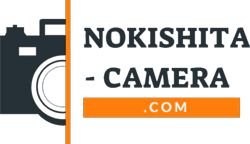
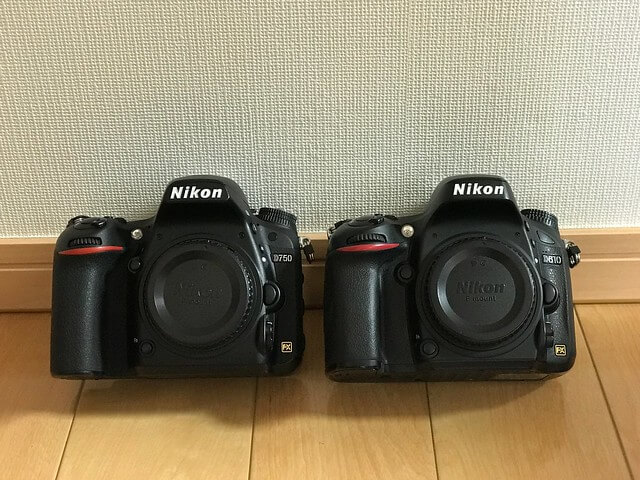
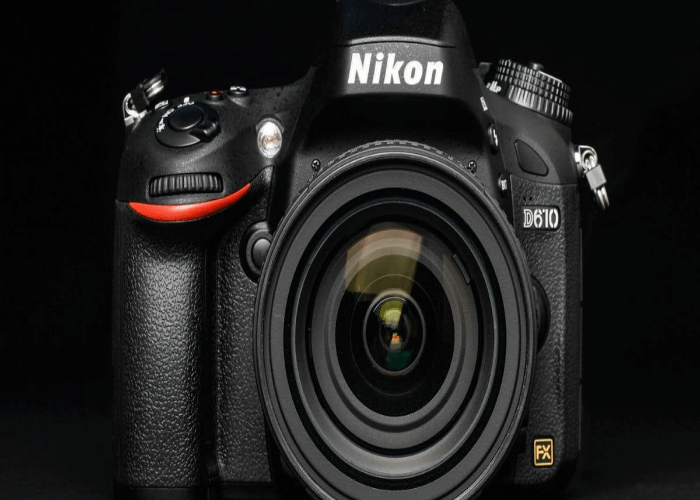
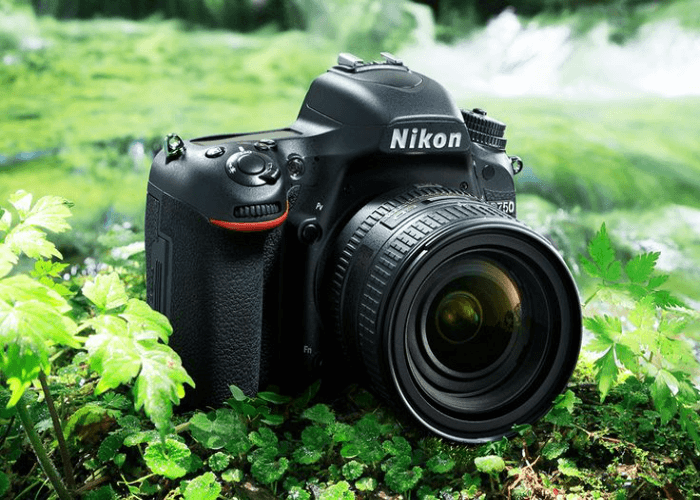
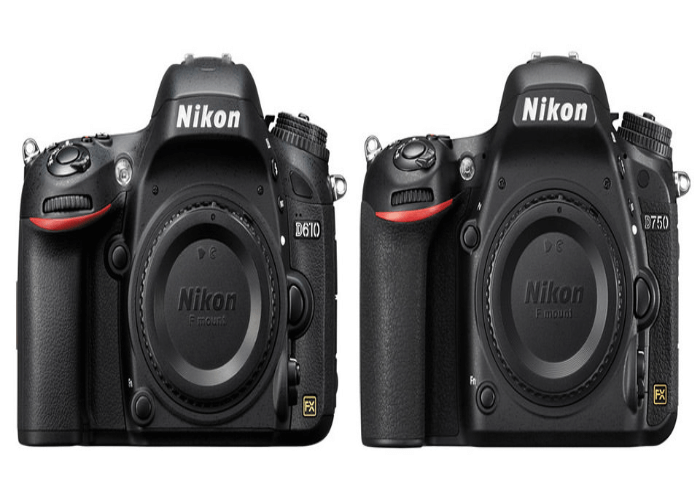
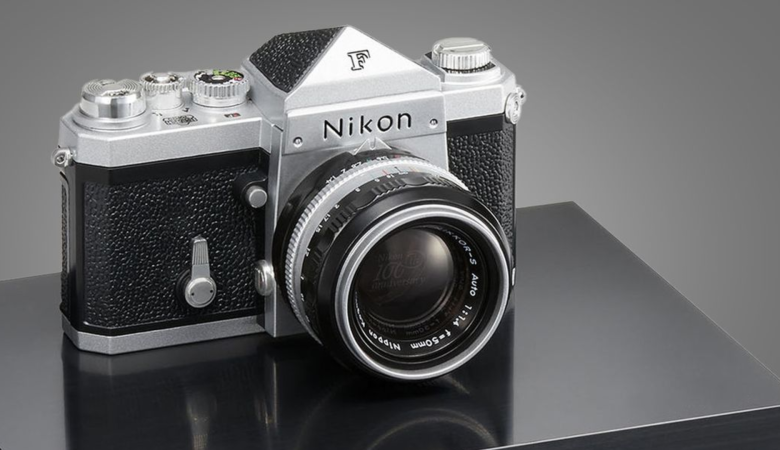
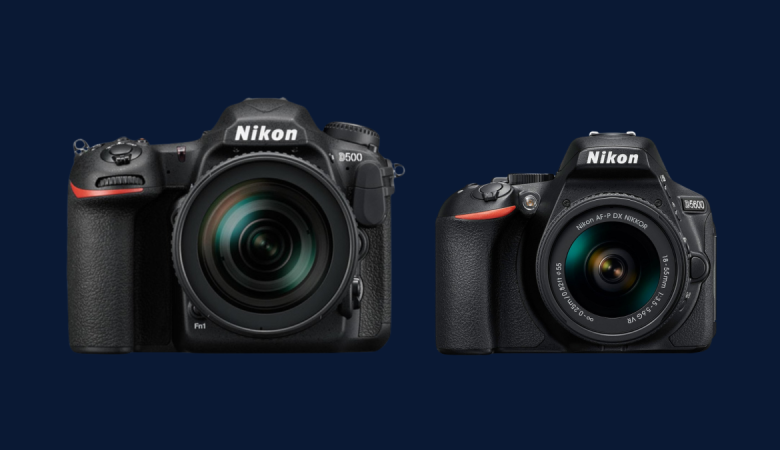
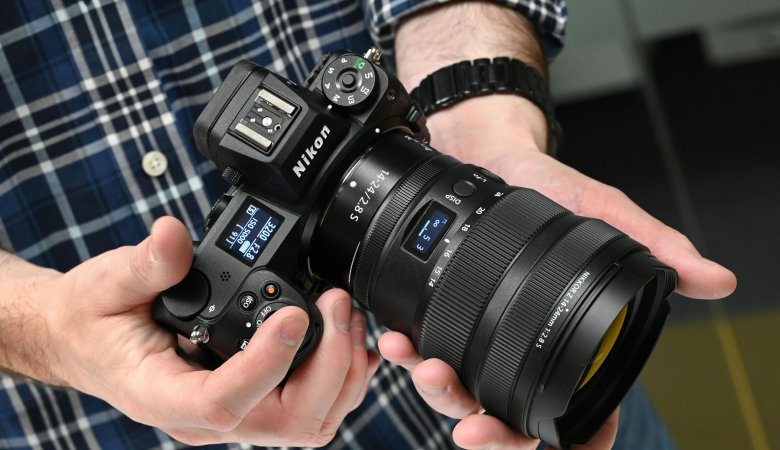
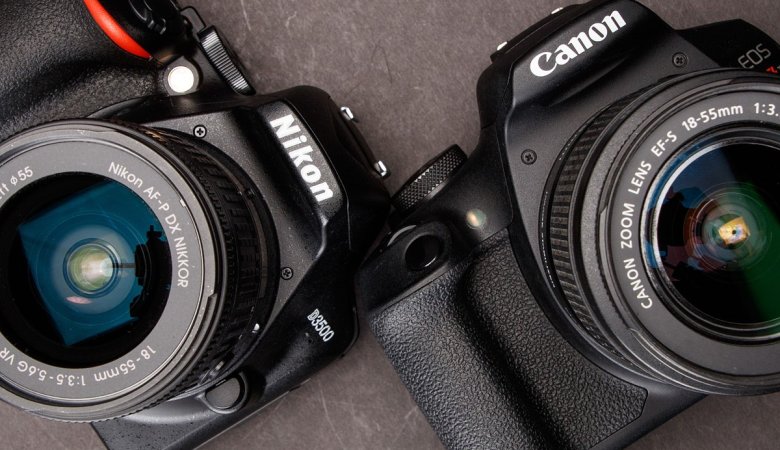
Leave a Reply